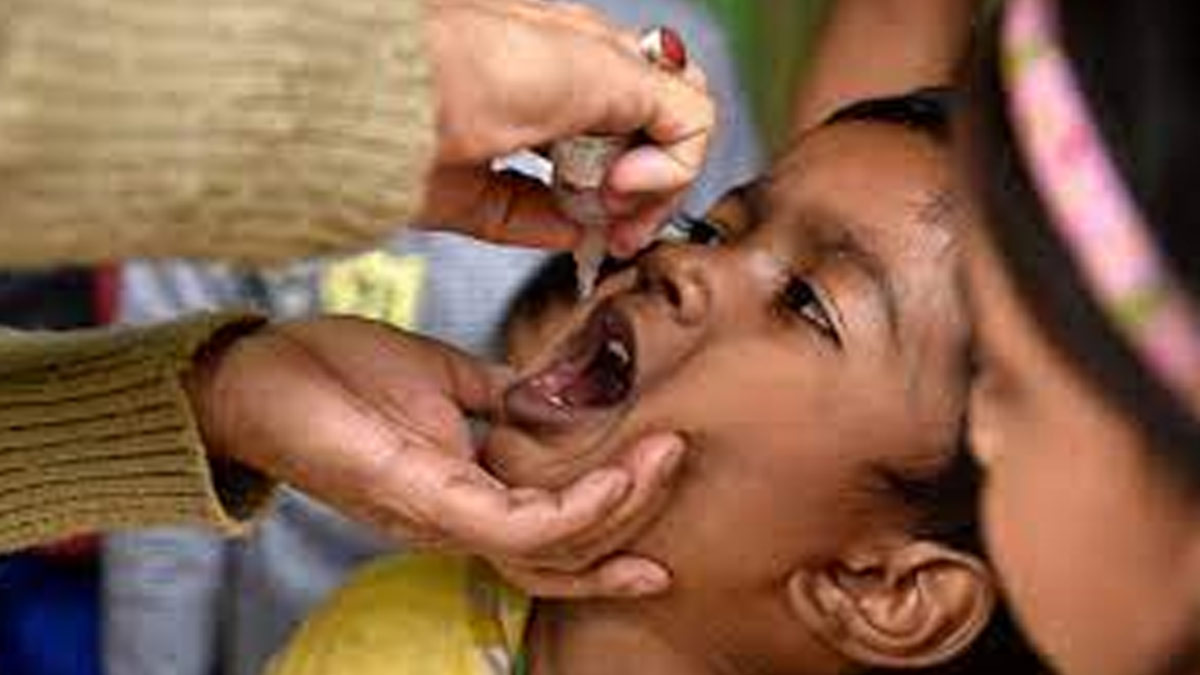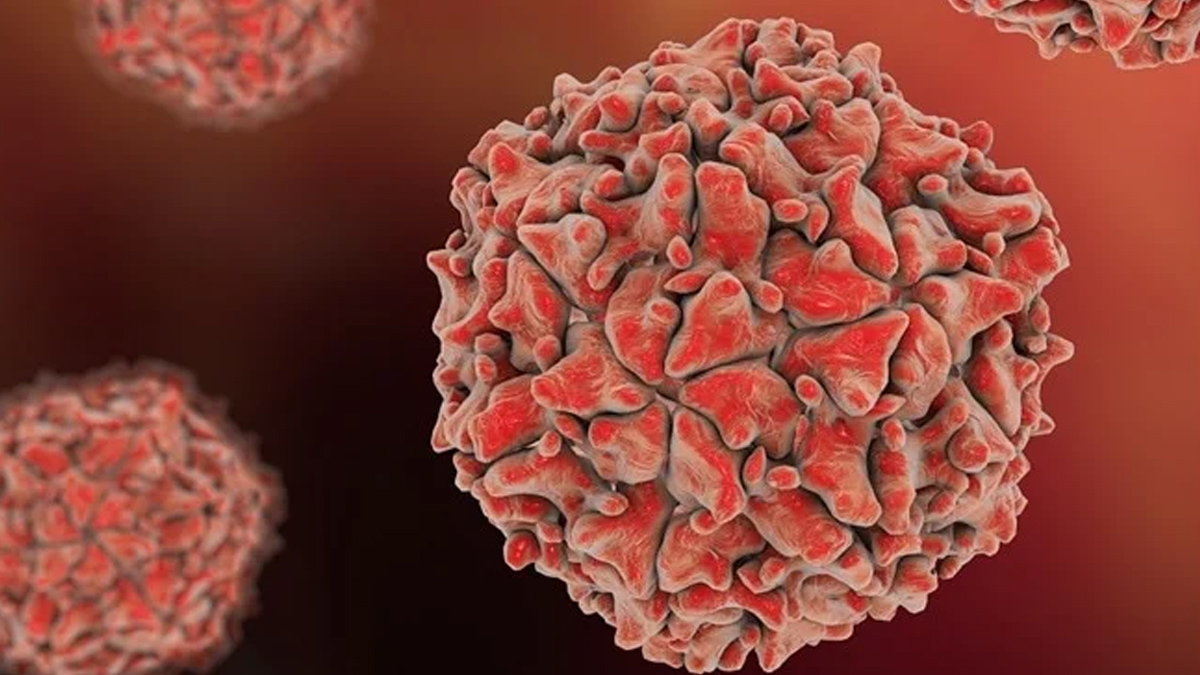
In a notable and rare medical case from Kerala, India, a child with Severe Combined Immunodeficiency (SCID) transmitted a type of vaccine-derived poliovirus to his father. This unusual transmission highlights important aspects of vaccine-derived polioviruses and their implications for polio eradication efforts.
Table of Content:-
The Background of Polio Eradication
Since the inception of the Global Polio Eradication Initiative (GPEI) in 1988, significant strides have been made in reducing polio cases globally. The initiative's efforts have led to a remarkable decline of over 99.9% in polio incidences, with wild poliovirus (WPV) types 2 and 3 successfully eradicated. By March 2014, India was officially declared polio-free, marking a major milestone in the global fight against the disease.
Discovery of a Rare Case in Kerala
A recent study published in the Vaccine journal has revealed a rare and unprecedented case from Kerala, where a seven-month-old boy transmitted Immunodeficiency-Related Vaccine-Derived Poliovirus (iVDPV) to his father. The child, from the Malappuram district, had been administered the oral polio vaccine (OPV) at birth and again at 20 weeks. Despite the vaccination, the child, who was born with SCID—a severe genetic disorder causing significant immune system deficiencies—developed persistent pneumonia and tested positive for iVDPV type 1 in his stool samples.

The study, conducted by a team from the ICMR-National Institute of Virology, Mumbai Unit, ICMR-National Institute of Immunohaematology, and the World Health Organization India, alongside Government Medical College Hospital Kozhikode, uncovered that the child’s father, a 32-year-old asymptomatic male, was also excreting iVDPV type 1.
Understanding iVDPV
Immunodeficiency-Related Vaccine-Derived Poliovirus (iVDPV) emerges from the oral polio vaccine (OPV) used to combat poliovirus. OPV contains weakened polioviruses that replicate in the intestines, stimulating immune responses. In individuals with primary immunodeficiency disorders, these attenuated viruses can mutate over time instead of being eradicated by the immune system. This mutation allows the virus to persist and be shed for extended periods, posing a risk of transmission to others.
Also Read: Paris 2024 Olympics: Multiple Athletes Test Positive For COVID-19
The mutation of the vaccine-derived virus can lead to potential outbreaks, particularly in regions with inadequate vaccination coverage. iVDPV is usually monitored through rigorous polio surveillance systems that involve genetic sequencing to distinguish it from wild poliovirus and other vaccine-derived strains.
Investigative Actions and Findings
Following the detection of iVDPV, the emergency response plan was activated, involving notification to key health authorities, including ICMR Delhi and the Ministry of Health and Family Welfare. An epidemiological investigation commenced within 48 hours, focusing on assessing polio immunity in the population, searching for cases of Acute Flaccid Paralysis (AFP), and collecting stool samples from potential contacts.
Also Read: Cancer Care During Monsoon: Here Are The Essential Tips And Precautions
Results showed that 89% of children aged 24-59 months had received the recommended three doses of OPV, with no reported cases of AFP in the last six months from visited health facilities. Of 115 stool samples collected from the community, only the child and his father tested positive for iVDPV type 1, while others were negative.
Clinical Course and Outcome
The child underwent a haploidentical hematopoietic stem cell transplantation (HSCT) with cells from his father in an attempt to treat his SCID. Despite initial progress, including achieving 92% donor chimerism by day 14, the child experienced severe complications. Two days after the transplant, he developed fever, breathlessness, and diarrhoea. Subsequent medical evaluations revealed significant heart and lung issues, including myocarditis and cardiogenic shock. The child passed away three weeks post-transplant, despite intensive medical intervention.
Implications for Polio Surveillance and Future Strategies
This case underscores the need for robust monitoring and response systems in the quest to eradicate polio. Vigilant surveillance, especially in areas using OPV, is crucial for detecting and managing vaccine-derived polioviruses. Enhancing early diagnosis of immune system disorders, raising awareness among healthcare providers about the risks associated with OPV in immunocompromised individuals, and implementing national registries for these patients are essential steps to prevent similar occurrences.
Bottomline
Developing antiviral treatments for poliovirus and refining strategies to manage immune-deficient patients with iVDPV will also be vital. Global efforts must continue to integrate iVDPV monitoring with existing polio surveillance to maintain progress toward complete eradication. By expanding immune deficiency surveillance and improving newborn screening, the global community can better track and reduce the risks associated with vaccine-derived polioviruses, ensuring continued success in the fight against polio.
Also watch this video
How we keep this article up to date:
We work with experts and keep a close eye on the latest in health and wellness. Whenever there is a new research or helpful information, we update our articles with accurate and useful advice.
Current Version